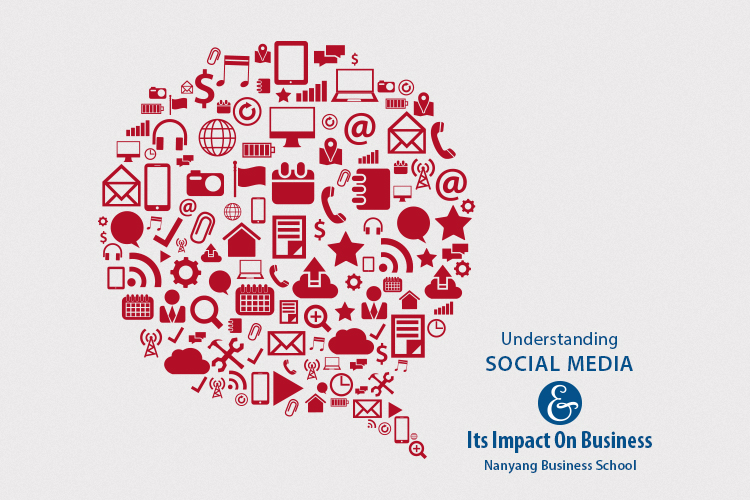Today’s customers are more demanding than ever before. Being connected 24/7 (through mobile devices and the Internet) makes them impatient for responses to things they want or have a problem with. Successful businesses find out how to meet customer expectations and demands without any delays in communication. Social media is an important tool. How you handle it can make or break your business.
Here are some things to keep in mind.
- Get the basics in place:
Facebook, Twitter, Pinterest and all the other popular social media sites out there are full of opportunities. You have to grab your target audience’s attention in that vast sea of users, while building your brand’s image as well. Just creating a detailed profile is never enough – you have to keep things moving. Nobody likes coming back to a static page or inactive account. Plus, creative advertising is a must. Podcasts, apps, Facebook pages, Twitter handles and the like, have to attract customers to your brand and retain them.
- Generate word of mouth:
Social media is developing fast. People are sharing their thoughts, views and daily activities with everyone they know and sometimes don’t know. A single Like on Facebook or a single retweet on Twitter can start amplifying your message rapidly. And people like knowing what others they are following think of products and brands. While product or service reviews can create an impact via word of mouth online, carefully placed online ads can work wonders too. Customers can even get news of product trial offers and sales, which they can spread the word on.
- Respond quickly:
Customers these days don’t have to worry about contacting the consumer forum when they have an issue with a company. Instead, they just type out a tweet or post and tag the organisation involved. If customer service is effective, somebody from the company will respond that day and get contact details from the individual and proceed to solve the problem. In the cases of companies neglecting their social media presence, the lack of a timely response can lead to a disaster.
Walking into a shop, standing in line or waiting on the phone for a customer services representative is a thing of the past. Customers don’t just want to be heard- they want quick solutions from you. If you can’t stay up to mark with your social media network, you’ll lose them. Remember that even positive feedback should be acknowledged because it’s all about building relationships with your customers and not a one-sided broadcast of marketing messages.
- Connect with influencers:
There are all kinds of users on social media, so you have to choose your target group well. That translates to interacting with people relevant to your business or product and not just customers or prospective customers. For example, if your business is a part of the beauty industry, you could follow and interact with well-known models and actresses online. These are the influencers who can help spread your brand name. Remember to build the conversation first. Consumers associate faces with brands, so you need to make sure that the influencers represent the characteristics of your brand.
- Strengthen relationships:
Businesses that understand social media and its impact know that being active on it is NOT about constantly promoting themselves. Prospects, current customers and employees present on the sites expect collaboration and the formation of long-lasting relationships. You need a strategic approach that involves engaging quickly and helpfully with your target group. Make sure that your strategy includes a flexible business model that focuses on automation, leveraging social media like cloud services and adapting to real-time customer communication.
- Integrate social media across the company:
The marketing department started out being the place for social media tools. But now organisations are integrating social media into other areas like sales, service and product development too. Once you learn how to make the most of social media in every aspect of your business, you’ll see an overall positive impact on your brand. So how can these non-marketing departments use social media to affect a change? Teambuilding, bringing customer ideas together for better products, and designing better software for the office, to name a few.
Social media has changed the way we do business and the way we communicate. It’s a major part of our lives. And at the Nanyang Business School, we like to stay up to date with the fast evolving business world. Check out some of the research on social media and information goods that our Information Management Research Centre has been busy with: http://www.nbs.ntu.edu.sg/Faculty_Research/Research_Centres/IMARC/Pages/Research.aspx#goods







